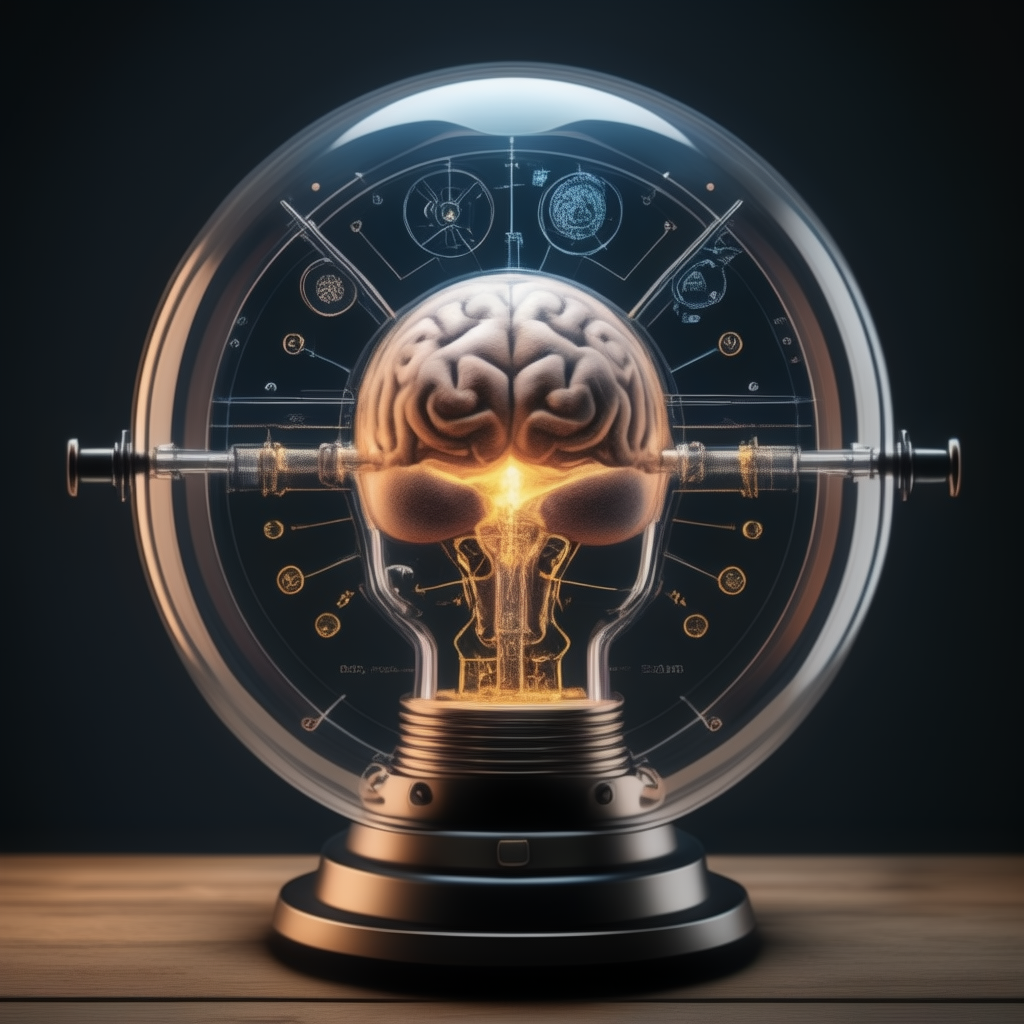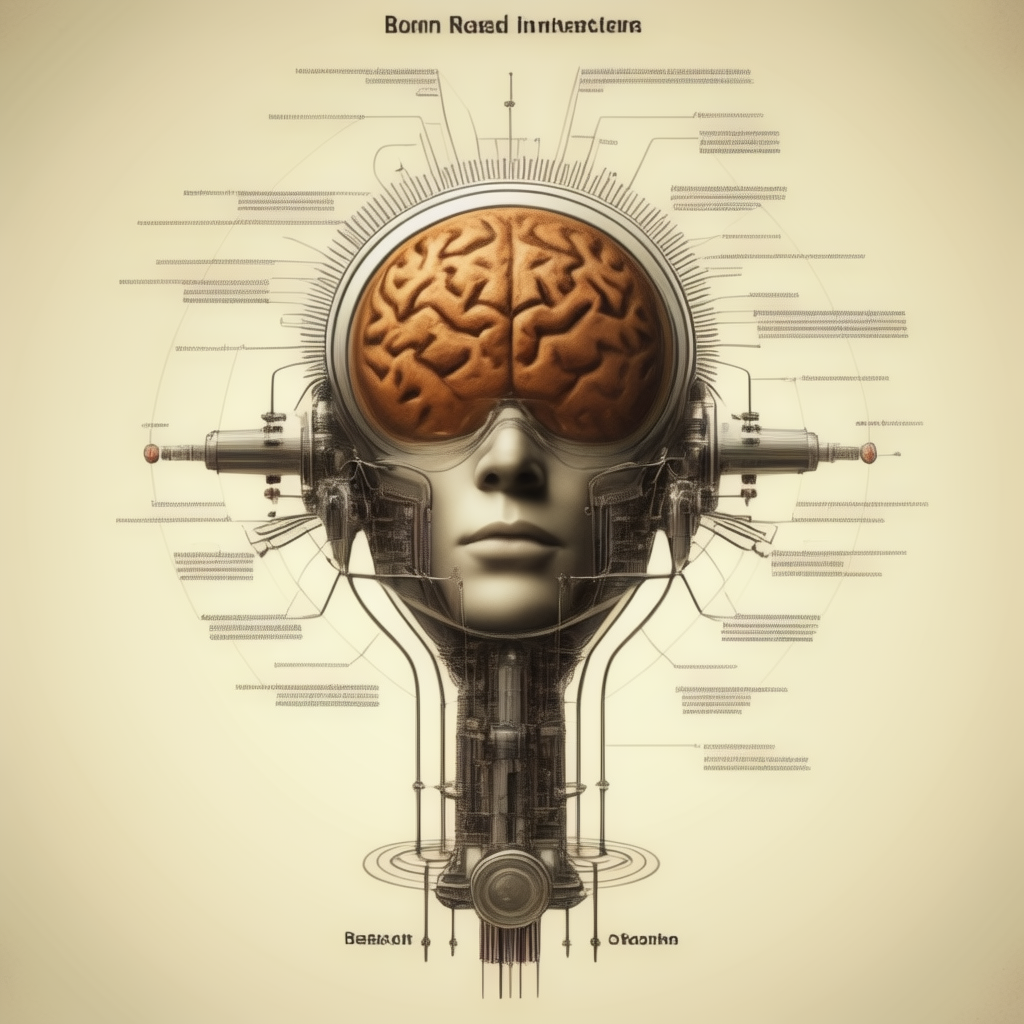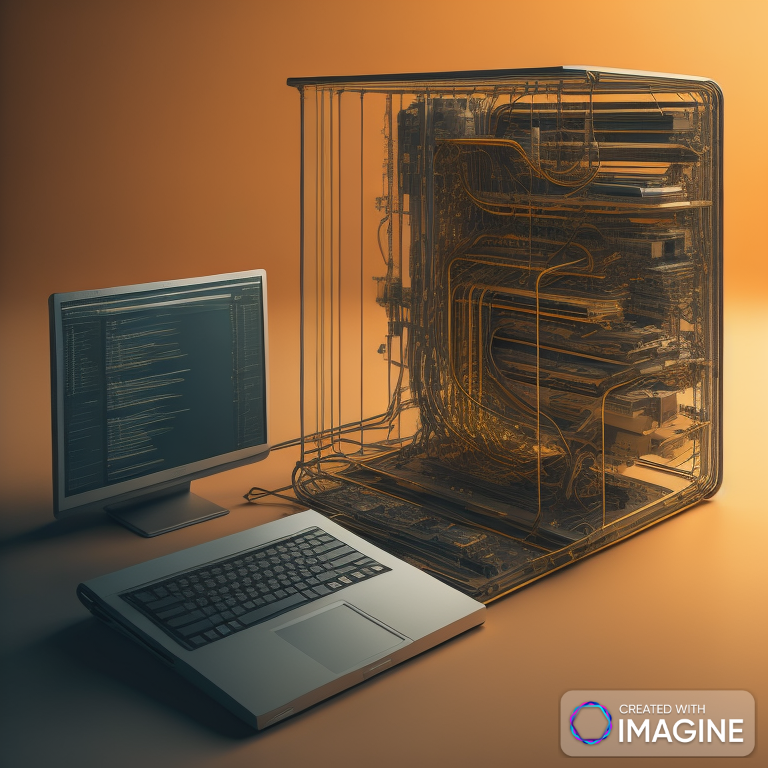What is Logic?
Definition and Types:
- Logic: Logic is the study of reasoning principles. It involves evaluating arguments, discerning valid from invalid inferences, and constructing coherent arguments.
- Types of Logic:
- Formal Logic: Focuses on abstract forms of arguments, using symbols and formulas to represent logical statements.
- Informal Logic: Deals with natural language arguments, emphasizing clarity, relevance, and avoiding fallacies.
- Mathematical Logic: Combines mathematical reasoning with formal logic, used extensively in computer science and philosophy.
Historical Context:
- Aristotelian Logic: The earliest formal study of logic is attributed to Aristotle, who introduced syllogistic logic.
- Modern Logic: Developed in the 19th and 20th centuries by logicians like Frege, Russell, and Gödel, introducing predicate logic and formal systems.
The Process of Logic Building
Foundational Elements:
- Propositions: Basic statements that can be either true or false.
- Operators: Logical connectors like AND, OR, NOT, and IF-THEN that combine propositions.
- Arguments: Sets of propositions structured to derive conclusions.
Steps in Logic Building:
- Identify Premises and Conclusions:
- Clearly define the initial premises and the desired conclusion.
- Ensure premises are true and relevant.
- Apply Logical Operators:
- Use operators to connect premises logically.
- Maintain clarity and avoid ambiguity.
- Construct Valid Arguments:
- Ensure arguments follow logically from premises to conclusion.
- Use deductive reasoning (where conclusions necessarily follow from premises) or inductive reasoning (where conclusions are likely but not certain).
- Check for Consistency:
- Verify that there are no contradictions within the argument.
- Consistent arguments are reliable and trustworthy.
- Evaluate Soundness:
- Ensure arguments are not only valid but also based on true premises.
- Sound arguments are both valid and true.
Applications of Logic Building
In Mathematics:
- Proof Construction: Logic is essential for proving theorems and propositions.
- Algorithm Design: Logical steps ensure algorithms perform tasks correctly and efficiently.
In Computer Science:
- Programming: Logic underpins programming languages and control structures (e.g., loops, conditionals).
- Artificial Intelligence: Logical reasoning algorithms enable decision-making and problem-solving in AI systems.
- Database Querying: SQL and other querying languages rely on logical operations to retrieve and manipulate data.
In Philosophy:
- Argument Analysis: Logic helps dissect philosophical arguments, clarifying their structure and validity.
- Ethics and Morality: Logical frameworks assist in resolving ethical dilemmas by evaluating consequences and principles.
In Everyday Life:
- Problem-Solving: Logical thinking aids in breaking down complex problems into manageable parts.
- Decision-Making: Evaluating options logically leads to better-informed decisions.
- Communication: Clear, logical communication ensures messages are understood and persuasive.
Common Logical Fallacies to Avoid
Logical fallacies undermine arguments by introducing errors in reasoning. Some common fallacies include:
- Ad Hominem: Attacking the person instead of the argument.
- Straw Man: Misrepresenting an argument to make it easier to attack.
- False Dilemma: Presenting two options as the only possibilities when more exist.
- Circular Reasoning: Assuming the conclusion within the premises.
Avoiding these fallacies is crucial for maintaining the integrity of logical reasoning.
Developing Logic Building Skills
Practice and Application:
- Engage in Puzzles and Games: Activities like chess, Sudoku, and logic puzzles enhance logical thinking.
- Study Formal Logic: Courses and textbooks on formal logic provide structured learning.
- Analyze Arguments: Regularly analyze and construct arguments in various contexts to refine skills.
Critical Thinking:
- Question Assumptions: Always evaluate the assumptions underlying premises.
- Seek Evidence: Support arguments with credible evidence and facts.
- Reflect and Revise: Continuously reflect on and improve reasoning processes.
The Role of Logic in Scientific Inquiry
Scientific Method:
- Hypothesis Formation: Logic is fundamental in forming hypotheses based on observations and existing knowledge.
- Experimentation: Designing experiments requires logical planning to test hypotheses effectively and control variables.
- Data Analysis: Interpreting experimental data involves logical reasoning to draw valid conclusions and discern patterns or anomalies.
- Theory Development: Theories are built by logically integrating empirical evidence, ensuring consistency and coherence.
Deductive and Inductive Reasoning in Science:
- Deductive Reasoning: Used to derive specific predictions from general theories. If the theory is correct, the predictions must logically follow.
- Inductive Reasoning: Employed to formulate general theories from specific observations. This type of reasoning is probabilistic, not certain, but essential for scientific discovery.
Logic in Legal Reasoning
Legal Arguments:
- Case Law Analysis: Lawyers use logical reasoning to analyze previous case rulings and apply legal principles to current cases.
- Statutory Interpretation: Understanding and applying laws involves logical parsing of statutory language and legislative intent.
- Evidence Evaluation: Presenting and evaluating evidence in court requires logical structuring to establish relevance, reliability, and sufficiency.
Logical Constructs in Law:
- Syllogisms in Legal Reasoning: Lawyers often use syllogistic reasoning to form arguments, where a conclusion follows from two premises (e.g., Major premise: All theft is punishable. Minor premise: John committed theft. Conclusion: John is punishable).
- Balancing Tests: Courts use logical balancing tests to weigh conflicting interests, such as individual rights versus public safety.
Logic in Engineering and Design
System Design:
- Requirement Analysis: Engineers use logic to analyze requirements and constraints, ensuring that designs meet functional and performance criteria.
- Fault Detection: Logical reasoning helps in diagnosing and troubleshooting system faults, identifying root causes, and devising solutions.
Control Systems:
- Feedback Loops: Designing control systems involves logical reasoning to create feedback mechanisms that regulate system behavior, ensuring stability and performance.
- Safety and Reliability: Engineers apply logical analysis to assess and mitigate risks, enhancing the safety and reliability of systems.
Logic in Social Sciences
Behavioral Analysis:
- Decision Theory: Logical models are used to understand and predict human decision-making, incorporating factors like utility, probability, and preferences.
- Game Theory: This field uses logic to study strategic interactions among rational agents, providing insights into competitive and cooperative behaviors.
Sociological Research:
- Survey Design: Designing surveys and questionnaires involves logical structuring to ensure clarity, avoid bias, and elicit meaningful responses.
- Data Interpretation: Logical reasoning is crucial in interpreting social data, identifying correlations, and understanding causal relationships.
Logic in Artificial Intelligence and Robotics
AI Algorithms:
- Knowledge Representation: Logic is used to represent knowledge in AI systems, enabling reasoning about facts, relationships, and rules.
- Inference Engines: Logical reasoning engines in AI systems draw conclusions from known information, supporting decision-making and problem-solving.
Robotic Control:
- Autonomous Navigation: Robots use logical algorithms to navigate environments, plan paths, and avoid obstacles.
- Behavioral Programming: Logical frameworks dictate how robots respond to sensory inputs and execute tasks, ensuring adaptive and intelligent behavior.
Logic in Cognitive Psychology
Cognitive Processes:
- Reasoning and Problem-Solving: Cognitive psychologists study how people use logical reasoning to solve problems, make decisions, and form judgments.
- Cognitive Biases: Understanding logical fallacies and biases helps in identifying and mitigating errors in human reasoning.
Developmental Psychology:
- Cognitive Development: Research in this field explores how logical reasoning skills develop from childhood to adulthood, influencing learning and intelligence.
Logic in Creative Arts
Storytelling and Narratives:
- Plot Structure: Logical coherence in plot development ensures that stories are believable, engaging, and satisfying to audiences.
- Character Development: Consistent and logical character motivations and actions contribute to compelling and relatable narratives.
Music Composition:
- Harmonic Progression: Logic plays a role in the structure of musical compositions, where harmonic progressions follow established patterns and rules.
- Rhythm and Meter: Logical patterns in rhythm and meter create musical coherence and facilitate artistic expression.
The Future of Logic and Logic Building
Interdisciplinary Applications:
- Cross-Disciplinary Research: Logic is increasingly applied in interdisciplinary research, bridging gaps between fields like biology, computer science, and economics.
- Complex Systems: Studying complex systems, such as ecosystems or social networks, involves logical modeling to understand dynamic interactions and emergent behaviors.
Technological Innovations:
- Quantum Computing: Advances in quantum computing introduce new paradigms of logic, where quantum bits (qubits) operate under different logical rules than classical bits.
- Neuromorphic Engineering: Developing hardware that mimics neural architectures involves applying logical principles to create more efficient and adaptive computing systems.
Educational Impact:
- Curriculum Development: Emphasizing logic in educational curricula fosters critical thinking skills, preparing students for diverse challenges in various fields.
- Online Learning: Digital platforms offer new opportunities for teaching and learning logic, utilizing interactive and adaptive technologies to enhance understanding.
Let’s explore logic and logic building from scientific, medical, evolutionary genetics, environmental, and neurobiology perspectives in more detail:
Scientific Perspective
Experimental Design:
- Hypothesis Testing: Logic guides scientists in formulating hypotheses that are testable and falsifiable, ensuring rigor in experimental design and interpretation of results.
- Statistical Inference: Logical reasoning underpins statistical methods used to analyze data and draw conclusions about population parameters from sample data.
- Peer Review Process: Scientific journals employ logical criteria for evaluating research submissions, ensuring findings meet standards of evidence and logical coherence.
Medical Perspective
Diagnostic Reasoning:
- Clinical Decision-Making: Physicians apply logical reasoning to analyze symptoms, diagnostic tests, and medical histories to arrive at accurate diagnoses and treatment plans.
- Evidence-Based Medicine: Logical frameworks inform the integration of clinical expertise with the best available research evidence and patient values, optimizing healthcare outcomes.
Medical Research:
- Pathophysiological Mechanisms: Researchers use logical reasoning to elucidate disease mechanisms at molecular, cellular, and systemic levels, guiding the development of new therapies.
- Clinical Trials: Logical study design and statistical analysis are critical in clinical trials to evaluate the efficacy and safety of medical interventions.
Evolutionary Genetics Perspective
Genetic Variation and Adaptation:
- Natural Selection: Logic in evolutionary genetics explains how genetic variations arise and persist through mechanisms like natural selection, genetic drift, and gene flow.
- Population Genetics: Logical models in population genetics quantify genetic variation within and between populations, predicting evolutionary trajectories and genetic diversity.
Genome Analysis:
- Genomic Sequencing: Logical algorithms analyze vast genomic data to identify mutations, gene interactions, and evolutionary relationships across species and populations.
- Phylogenetic Reconstruction: Logical frameworks reconstruct evolutionary trees based on genetic similarities, tracing ancestral lineages and evolutionary divergence.
Environmental Perspective
Ecological Systems:
- Ecosystem Dynamics: Logic guides ecological studies in understanding interactions between organisms and their environments, predicting ecological consequences of human activities.
- Environmental Impact Assessment: Logical frameworks assess environmental risks and benefits associated with development projects, informing policy and conservation efforts.
Climate Change Science:
- Modeling and Prediction: Logical modeling of climate systems integrates physical, chemical, and biological processes to forecast climate change impacts on ecosystems and societies.
- Mitigation Strategies: Logic informs the design and evaluation of strategies to mitigate climate change effects, such as renewable energy adoption and carbon sequestration.
Neurobiology Perspective
Neural Circuits and Behavior:
- Neurological Pathways: Logical analysis of neural circuits elucidates how brain structures and connectivity patterns underlie cognitive functions, sensory perception, and motor control.
- Behavioral Neuroscience: Logical frameworks explore neural correlates of behavior, linking molecular and cellular processes to complex behaviors like learning, memory, and decision-making.
Brain Development and Plasticity:
- Neurodevelopmental Disorders: Logic guides research into neurodevelopmental disorders, examining how genetic, environmental, and synaptic factors influence brain development and function.
- Neuroplasticity: Logical reasoning explains mechanisms of neuroplasticity, where the brain adapts structurally and functionally in response to experience, injury, or disease.
Integrative Perspectives
Systems Biology:
- Multi-omics Integration: Logical integration of genomics, transcriptomics, proteomics, and metabolomics data elucidates biological networks and pathways underlying health and disease.
- Complex Systems Analysis: Logic in systems biology models complex interactions within biological systems, predicting emergent properties and identifying therapeutic targets.
Bioinformatics:
- Data Mining: Logical algorithms in bioinformatics analyze large biological datasets, revealing patterns, correlations, and predictive biomarkers for personalized medicine and drug discovery.
- Network Analysis: Logical network models characterize molecular interactions and signaling pathways, facilitating understanding of disease mechanisms and drug responses.
The relationship between logic and data, information, and language is complex and interdependent. Let’s explore this in detail:
The Role of Language, Information, and Data in Logic
Language:
- Expressive Medium: Language serves as the medium through which logical concepts and arguments are expressed. Natural languages (like English) and formal languages (like mathematical notation) are used to articulate premises, conclusions, and logical operations.
- Syntax and Semantics: The structure (syntax) and meaning (semantics) of language are crucial for constructing and understanding logical statements. Logical consistency and clarity depend on precise language use.
Information and Data:
- Content for Reasoning: Information and data provide the content that logic operates on. Logical reasoning involves evaluating the truth or validity of propositions based on available information.
- Evidence and Inference: Data serves as evidence for logical inferences. In empirical sciences, logical reasoning is applied to interpret data, test hypotheses, and draw conclusions.
The Independence of Logic
Abstract Nature:
- Formal Systems: Logic, especially in its formal systems, can be considered independent of specific content. Formal logic deals with the structure of arguments and the rules of inference, irrespective of the actual subject matter.
- Universality: The principles of logic are universal and can be applied to any domain of knowledge. Logical operations like conjunction, disjunction, negation, and implication are abstract and not tied to specific data or information.
Foundation for Reasoning:
- Precedes Content: In a sense, logic provides the foundation for reasoning itself, enabling the coherent organization and evaluation of information and data. Logical principles govern how we construct valid arguments and derive conclusions.
- Rules of Inference: Logical rules of inference (e.g., modus ponens, modus tollens) are independent of the particular content of propositions. These rules apply to any statements that meet the criteria of the logical system.
Interdependence
Application of Logic:
- Contextual Relevance: While logic can be abstract, its application requires context. Logical reasoning about real-world issues necessitates information and data to be meaningful and relevant.
- Empirical Sciences: In fields like science and engineering, logical reasoning is applied to interpret empirical data, making information crucial for practical use of logic.
Epistemological Considerations:
- Knowledge and Truth: Logic is a tool for assessing the consistency and coherence of knowledge claims. Information and data are essential for establishing the truth or falsity of these claims.
- Language and Communication: Logical arguments need to be communicated clearly, necessitating language. The effectiveness of logic in conveying ideas and arguments depends on the precision and clarity of language.
Conclusion
Logic operates both independently and interdependently with language, information, and data. On one hand, logic is an abstract system of principles and rules that can be applied universally, regardless of specific content. On the other hand, the practical application of logic in reasoning, decision-making, and problem-solving relies heavily on information, data, and language.
- Independent Aspects:
- Formal logic and rules of inference are abstract and universal.
- Logic provides the structure for reasoning, independent of specific content.
- Interdependent Aspects:
- Language is necessary to express and communicate logical arguments.
- Information and data provide the content for logical reasoning.
- Practical application of logic depends on contextual information and evidence.
In summary, while logic can be considered an independent framework for reasoning, its effective use and practical significance are deeply intertwined with language, information, and data.
Conclusion
Logic and logic building are foundational in scientific, medical, evolutionary genetics, environmental, and neurobiology research. These disciplines rely on logical reasoning to advance knowledge, solve complex problems, and innovate across various domains. By applying logical frameworks, researchers and practitioners decipher biological mechanisms, inform medical practices, understand environmental impacts, and explore the complexities of the human brain. Emphasizing logical thinking enhances precision, reliability, and ethical considerations in scientific endeavors, driving forward our understanding of the natural world and improving global health and sustainability efforts.
In summary, logic and logic building are pervasive and essential across various disciplines and aspects of life. From scientific inquiry and legal reasoning to engineering, social sciences, AI, cognitive psychology, and even the creative arts, logical reasoning forms the backbone of effective problem-solving, decision-making, and innovation. As technology and interdisciplinary research advance, the role of logic continues to expand, highlighting its timeless relevance and transformative potential.
Logic and logic building are indispensable skills that transcend disciplines and applications. From constructing mathematical proofs to developing sophisticated software, logical reasoning is the backbone of critical thinking and problem-solving. By understanding the principles of logic and diligently practicing logic building, individuals can enhance their ability to reason, argue, and make sound decisions. Whether in academic, professional, or personal contexts, mastering logic opens the door to clearer thinking and more effective communication.







